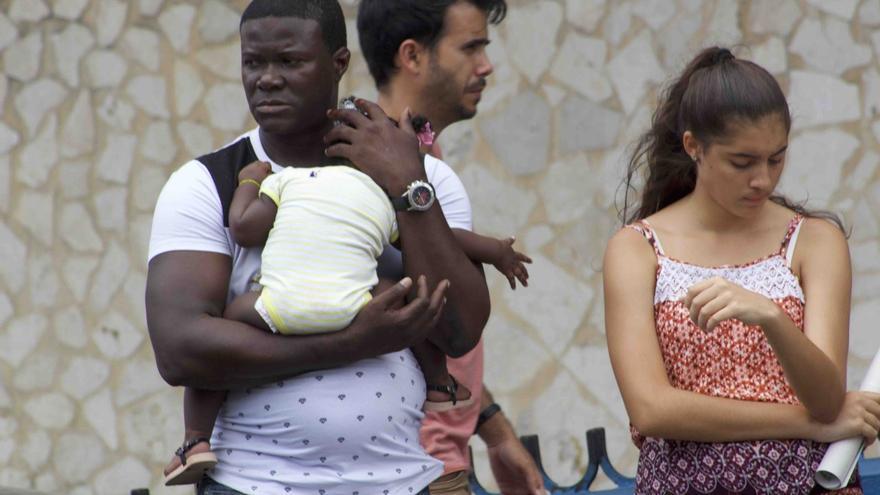
![]() 14ymedio, Havana, 13 January 2022 — Cubans now have the new Family Code available for review, which will be submitted to popular consultation between February 1 and April 30. The text, which was approved in its twenty-third version by the National Assembly on December 21, was published this Wednesday in the Official Gazette.
14ymedio, Havana, 13 January 2022 — Cubans now have the new Family Code available for review, which will be submitted to popular consultation between February 1 and April 30. The text, which was approved in its twenty-third version by the National Assembly on December 21, was published this Wednesday in the Official Gazette.
In it, as announced in the previous version of the document, same-sex marriage is recognized, defining it as “the voluntarily agreed union of two people with legal aptitude for it, in order to live together, on the basis of affection, mutual love and respect.”
Similarly, the de facto union is included, “established between two people for the purpose of carrying out a life project in common, sustained by affection, in a lasting or stable way.”
Another recognition within families in the new provisions is “full equality between women and men, equal distribution of time spent on domestic work and care among all family members, without overloading any of them.”
The new Family Code, which will replace the previous one, from 1975, “breaks paradigms” and is based on “inclusion,” said Leonardo Pérez Gallardo, professor at the Law School of the University of Havana.
Thus, in the first pages the right to “full development of sexual and reproductive rights in the family environment is recognized regardless of sex, gender, sexual orientation and gender identity, disability status or any other personal circumstance,” although, the document specifies, “age-appropriate.”
The Code, as was also known from the previous version of the bill, eliminates child marriage, which until now was allowed in Cuba with parental permission from the age of 14 for girls and 16 for boys.
One of the most striking novelties of the new civil norm is the recognition of the right to form a family and, with it, assisted reproduction and, notoriously, “solidarity gestation.”
Also called surrogacy, which consists of implanting a fertilized egg in a “surrogate” woman, who has no biological relationship with the future child, is a very controversial option, allowed in very few countries. It is only regulated in Canada, some US states, Russia, Ukraine, Georgia, Greece, UK, Australia, and India, and subject to many conditions.
In the case of the Family Code that will be subject to debate, it is established that “it proceeds between people united by family or emotionally close ties, for the benefit of women with some medical pathology that prevents them from pregnancy, sterile people, single men or couples of men, provided that the health of those involved in the medical procedure is not endangered.”
Foreigners are not excluded in the rule, with which it is understood that they may resort to this process, for which, according to the text, “any type of remuneration is prohibited.” The exception to this is “the legal obligation to provide food to support the conceived and compensation for expenses generated by pregnancy and childbirth.”
In any case, determines the new Code, the parties require “judicial authorization.”
For a judge to grant this permission, they will take into account, among other requirements, that “the use of another assisted reproduction technique has been exhausted or has failed,” and if “the best interests of the girl or boy that may be born have been taken into account,” the full discernment and good health of the future pregnant woman and that she has not previously undergone a similar process.
The Cuban Government has not yet reported when — after the Code has been the subject of popular consultation — it will be submitted to a referendum.
____________
COLLABORATE WITH OUR WORK: The 14ymedio team is committed to practicing serious journalism that reflects Cuba’s reality in all its depth. Thank you for joining us on this long journey. We invite you to continue supporting us by becoming a member of 14ymedio now. Together we can continue transforming journalism in Cuba.
